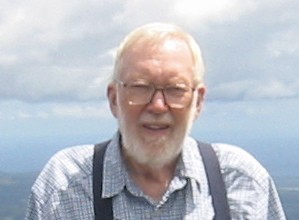 Leo Robson in the NLR’s Sidecar:
Leo Robson in the NLR’s Sidecar:
The death of J. Hillis Miller, in February, marked the end of an astonishing period in American academic literary criticism – North American really, since the dominant figure, Northrop Frye, was born in Québec and taught in Toronto. The period might be said to start in 1947, with the publication of Frye’s first book, the Blake study Fearful Symmetry, and yielded a body of work drawing on the kind of Continental resources – Marxism and psychoanalysis but also theology, linguistics, hermeneutics, and mythopoetics – that had been accorded little place by earlier formalist approaches. Miller, the author of twenty-five books, was rare among the central figures in devoting his attention to study of the novel, from Emily Brontë to Ian McEwan. The arc of Miller’s career has been described by Fredric Jameson as ‘unclassifiable’, but in bald terms, it was the story of a pair of Francophone mentors, Georges Poulet and Jacques Derrida, who washed up in Baltimore – more specifically, the campus of Johns Hopkins, where Miller taught from 1952 until 1972. Miller welcomed their interventions and ran with them, transforming himself into a leading exponent of two critical schools, one – phenomenology – that remains more or less pegged to its post-war moment, the other – deconstruction – with wider fame and implications, and a more contested legacy.
He was born in Virginia, in 1928, and raised in upstate New York – ‘definitely the boondocks’, he recalled. His mother was descended from Pennsylvania Dutch; one of her ancestors, a Rhode Islander, had been a signatory on the Declaration of Independence. Miller’s father, himself the son of a farmer, was a Baptist minister as well as a professor and an academic administrator who emphasised women’s higher education. But Miller’s upbringing wasn’t especially urbane.
More here.
